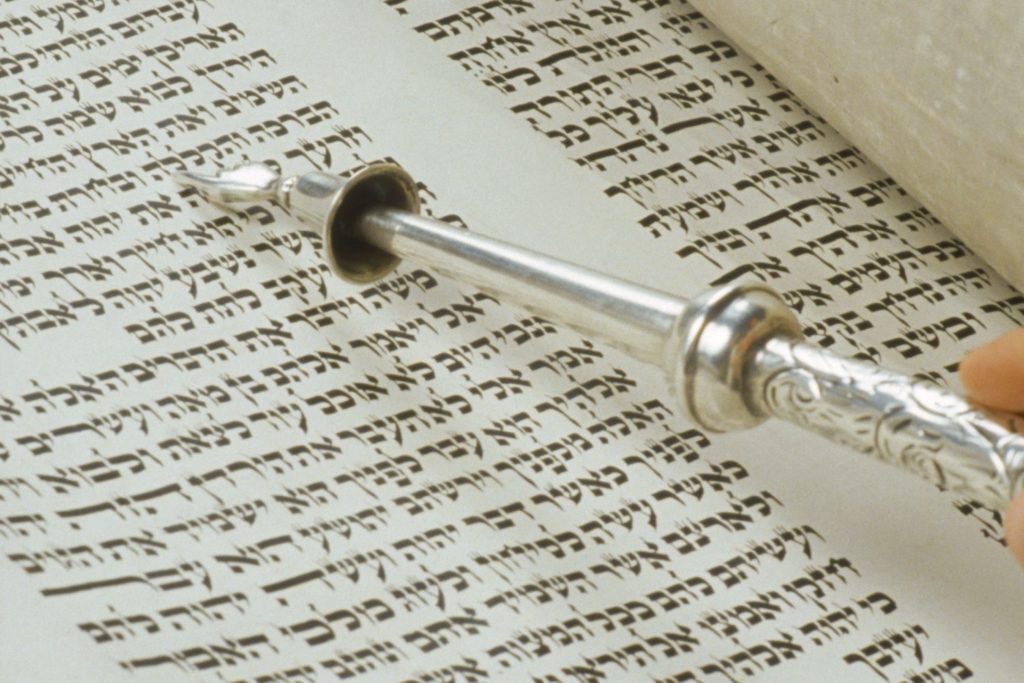(By Rabbi Yair Hoffman for the Five Towns Jewish Times)
There are many reasons why they do it. It could be diabetes, Interstitial cystitis, overactive bladder, taking Lasix or Demadex in one’s daily medication box, UTI, kidney issues, or a whole host of other reasons, r”l. It could even be a combination of two or more of these reasons.
Regardless, there are many people that apparently need to leave during Krias HaTorah. Some must leave very urgently. Others are less urgent in the need.
The question is, what is the halacha? Are there times when it is completely okay to leave? Are there guidelines for these people as to when and what they should be doing?
THE GEMORAH
The Gemorah Brachos 8a tells us:
Said Rabbi Ami: What is the meaning of the verse, “V’ozvei Hashem yichlu (Yishayahu 1:28)?” This refers to someone who leaves a Sefer Torah and exits. Rabbi Abahu would leave between gavra l’gavra – between the aliyos. Rav Pappa posed a question: What is the halacha regarding leaving in between verses? The Gemorah concludes with a Taiko – unresolved.
THE NATURE OF THE PROHIBITION
We must first understand the nature of the prohibition. The verse uses the word “yichlu – shall be destroyed.” That is quite a serious word. Is this a Torah prohibition or a Rabbinic prohibition? The Talmidei Rabbeinu Yonah explain that leaving during the Torah reading is a Torah prohibition – which is why we are stringent in regard to Rav Pappa’s question about leaving in between verses.
Rav Yom Tov Lipmann Heller (1579-1654), author of the Lechem Chamudos asks: Isn’t Krias HaTorah itself only considered a Rabbinic enactment? Why then are we ruling strictly? Normally we say, a doubt that arises regarding a Torah Mitzvah – we are stringent. A doubt that arises on a Rabbinic Mitzvah – we are lenient! The lechem Chamudos answers that reading the Torah is a super-powerful derabanan enacted by the earlier prophets – the neviim – not just the Anshei Knesses HaGedolah. It is thus treated as a Deoraisah.
Conclusion? The issue is pretty serious – a super-derabanan, so to speak.
HOW OFTEN DID RABBI ABAHU LEAVE?
When we first encounter this Gemorah, it seems that leaving in between the aliyos is not such a problem. The Tashbatz (Vol. III #98), however, writes that the permission to leave between aliyos is only when one does so occasionally, but not on a regular basis. Doing so on a regular basis appears as if it is casting aside a burden – and it is forbidden to do so.
The Eliyahu Rabbah cites Rav Alexander Zuslin HaKohain (13th century), the author of the Agudah, who writes that even Rabbi Abahu only left when there was an urgent need to do so.
FROM WHEN DOES THE PROHIBITION BEGIN?
From the wording of the Rambam (Hilchos Tefilah 12:9) it seems that the prohibition is only after the reader began reading. But the wording of the Shulchan Aruch (OC 146:1) indicates that it begins even before the reader starts, as long as the Sefer Torah is open. The Biur Halacha (“K’shehu”) rules stringently.
DOES THE PROHIBITION INCLUDE WOMEN?
The Kaf HaChaim cites some opinions that the prohibition does not apply to women. The fact that they are in a separate section of the shul is an additional factor to be lenient. Nontheless, the Kaf HaChaim rules stringently and that women should also not leave – if they can help it, during the middle of Krias HaTorah.
CONCLUSIONS
Being that the issue is so serious, the following recommendations are made.
If one can leave after the repetition of the Shmoneh Esreh and still arrive back in time for the reading of the Torah, then one should do so.
If this is not possible or the frequency is such that leaving then will not help, then one should hear the reading of the Torah during an Aliyah and wait close to the exit while doing so. As soon as the person called up recites the concluding bracha and the Torah is covered then the person should leave.
The author can be reached at [email protected]












2 Responses
Is it better if one doesn’t go to the bathroom, but will instead be thinking about the toilet and his/her bodily functions during leining or davening?
Of course it depends on the urgency of the need to to to the pot. If a person can wait, he should; if not, to have to suffer pain and perhaps cause problems, of course he should leave in the middle.
Kavod haBreuit is more important.
The issur of leaving during the reading of the Torah is when there is NO burning reason!